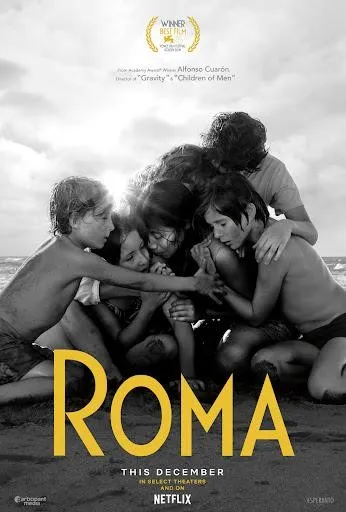Roma is a visually stunning black and white film that takes viewers on a journey back to 1970s Rome. Directed by Alfonso Cuaron, the film depicts the slice-of-life story of Cleo, a housekeeper who works for a doctor and his wife. Despite being set in the past, Roma is a relevant and timeless film that explores the complexities of human relationships and the universal experience of life.
A Closer Look at the Plot
Roma revolves around Cleo, a housekeeper who works for an upper-middle-class family in Rome. Her employers, Sofia and Antonio, are a couple with marital problems, while their children are fond of Cleo and treat her like family. The movie takes viewers through Cleo’s day-to-day routine as she completes her domestic duties and navigates her relationships with her employers and their family.
A Life-Changing Event
As the movie progresses, Cleo finds herself involved in a passionate but brief relationship with a man named Fermin. After discovering she is pregnant, Cleo tries to find Fermin, who denies the baby is his and disappears. The movie then takes a dramatic turn when Cleo, pregnant and shopping for baby furniture with Sofia’s mother, witnesses an anti-government demonstration turned violent.
Themes and Cinematography
At its core, Roma is a movie about the complexities of life. From the relationships between family members to the socio-political unrest of the time, the film touches on various themes that resonate with viewers. Moreover, the stunning black and white cinematography adds to the film’s depth, adding a sense of nostalgia and timelessness to the story.
Conclusion:
In conclusion, Roma is a beautiful and timeless movie that explores the many complexities of human life. The film’s subtle, intimate storytelling offers viewers a glimpse into the lives of people living in Rome in the 1970s, while its stunning cinematography adds to the film’s depth and impact. Directed by Alfonso Cuaron, the film is a must-watch for anyone interested in experiencing a slice-of-life story.




